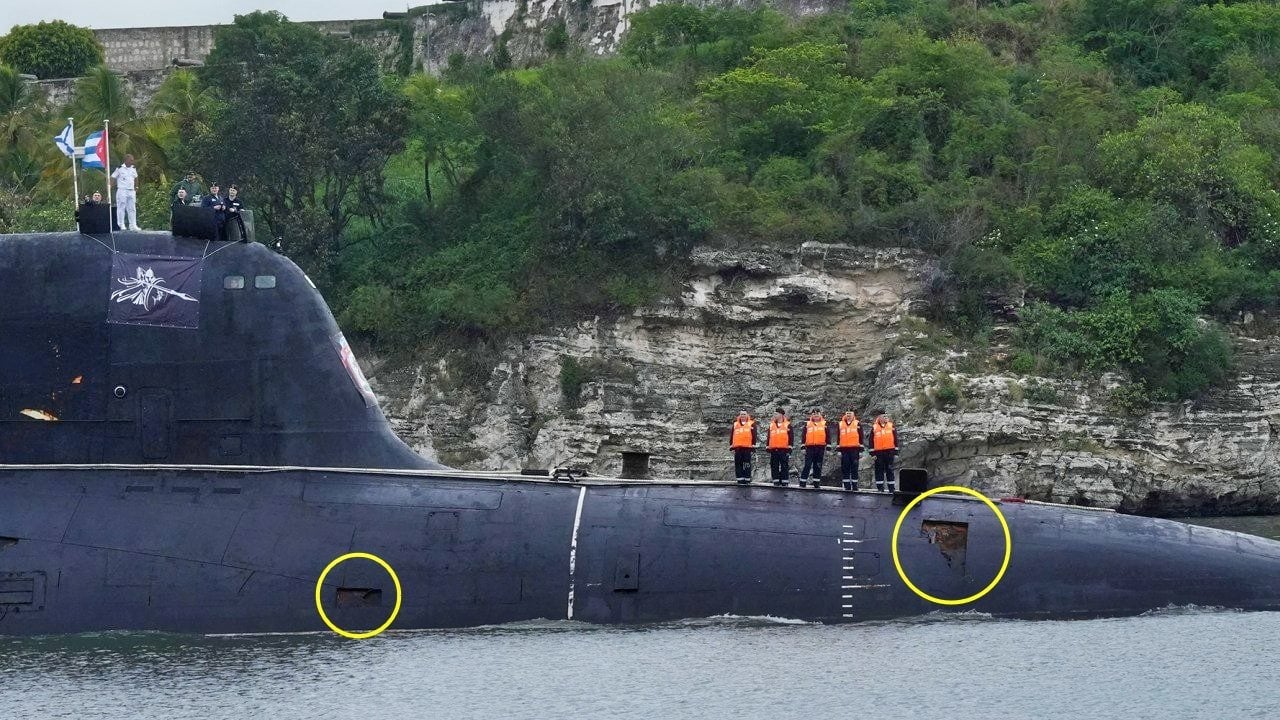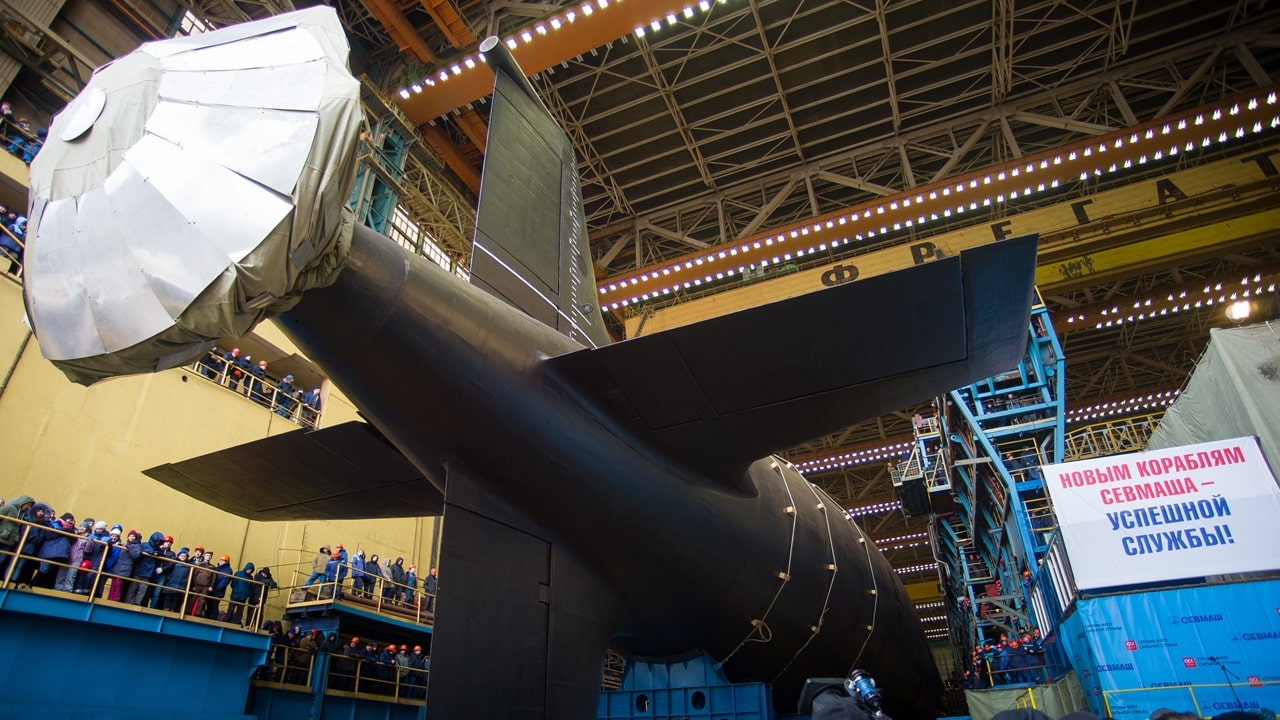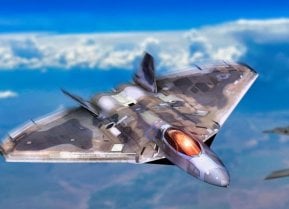The Russian Navy's Submarine Fleet Is a Total Mess
The Russo-Ukraine War has exposed the severe shortcomings of the Russian military, with issues like shoddy equipment and poor procedures hampering operations. These problems aren't new, as evidenced by multiple incidents in the Russian submarine fleet over the years.
Summary and Key Points: The Russo-Ukraine War has exposed the severe shortcomings of the Russian military, with issues like shoddy equipment and poor procedures hampering operations. These problems aren't new, as evidenced by multiple incidents in the Russian submarine fleet over the years. In 2013, a fire during routine maintenance on the K-150 Tomsk injured 15 sailors, highlighting systemic flaws.

-Between 2000 and 2015, seven major accidents, including the tragic sinking of the Kursk in 2000, underscored the fleet's decay.
-Experts like Paul Schwartz from CSIS emphasize that Russia's submarine fleet, now significantly reduced, suffers from chronic maintenance and quality issues that can't be quickly resolved, predicting ongoing accidents and operational failures for years to come.
Fire and Failures: The Troubled State of Russia’s Submarine Fleet
The Russo-Ukraine War has laid bare the shortcomings of the Russian military. Shoddy equipment and procedures have hampered Putin’s invasion.
But the signs of decay were evident for years,. In September 2013, a fire erupted during the installation of the main ballast tank of the K-150 Tomsk submarine.
Installing a ballast tank should have been a routine and safe procedure, performed without incident or injury. But a spark in the insulating materials started the conflagration. By the time the fire was beaten, 15 sailors were injured, and the K-150 was out of commission, in need of repairs that would take several months to complete.
The K-150 was hardly an isolated incident. Seven major submarine accidents hit the Russian fleet between 2000 and 2015, many of them involving nuclear-powered and/or armed submarines, raising the specter of nuclear disaster.
Problems with the fleet
“There is a continuing problem with Russia’s fleet,” said Paul Schwartz, a senior associate at CSIS. “They are certainly going to continue to have problems until they can really upgrade their fleet and phase out or substantially upgrade [submarines] with [outdated] components and systems.”
In 2015, the K-266 Orel was undergoing a refit while dry-docked, and, in an incident reminiscent of the K-150 fire, the K-266’s insulation ignited during a welding job. The dock had to be flooded to contain the fire – another disaster resulting from what should have been a very routine maintenance gig.
The fires aboard the K-150 and K-266 were minor relative to the sinking of the Kursk, however. In 2000, the Kursk, an Oscar II-class submarine, sank in the Barents Sea when the sub’s torpedo warheads exploded. All 118 sailors aboard were killed – but not immediately. Twenty-three sailors survived for several days in the stern of the submarine. Russia failed to provide assistance, though, allowing the sailors to perish slowly. The international community of course criticized Russia for allowing their sailors to die – and for the fleet’s abysmal safety record.
Russia’s submarine fleet has dwindled significantly from its Cold War heyday. The fleet once comprised hundreds of submarines, but in 2007 it numberedjust 65, many of which had catastrophic problems. Clearly, the Russian submarine fleet is in decline.

“A lack of maintenance and procurement of quality systems has and will continue to hurt Russia’s submarine fleet for the next 10 to 15 years,” Schwartz said, emphasizing that today, the problem is “not something you can just throw money at” and that “there is going to be a window of time where Russian submarines are going to have a significantly higher rate of accidents and issues than, say, the U.S. fleet, which is maintained at a much higher level.”
About the Author: Harrison Kass, Defense Expert
Harrison Kass is a defense and national security writer with over 1,000 total pieces on issues involving global affairs. An attorney, pilot, guitarist, and minor pro hockey player, Harrison joined the US Air Force as a Pilot Trainee but was medically discharged. Harrison holds a BA from Lake Forest College, a JD from the University of Oregon, and an MA from New York University. Harrison listens to Dokken.
Image Credit: Creative Commons or Shutterstock.


